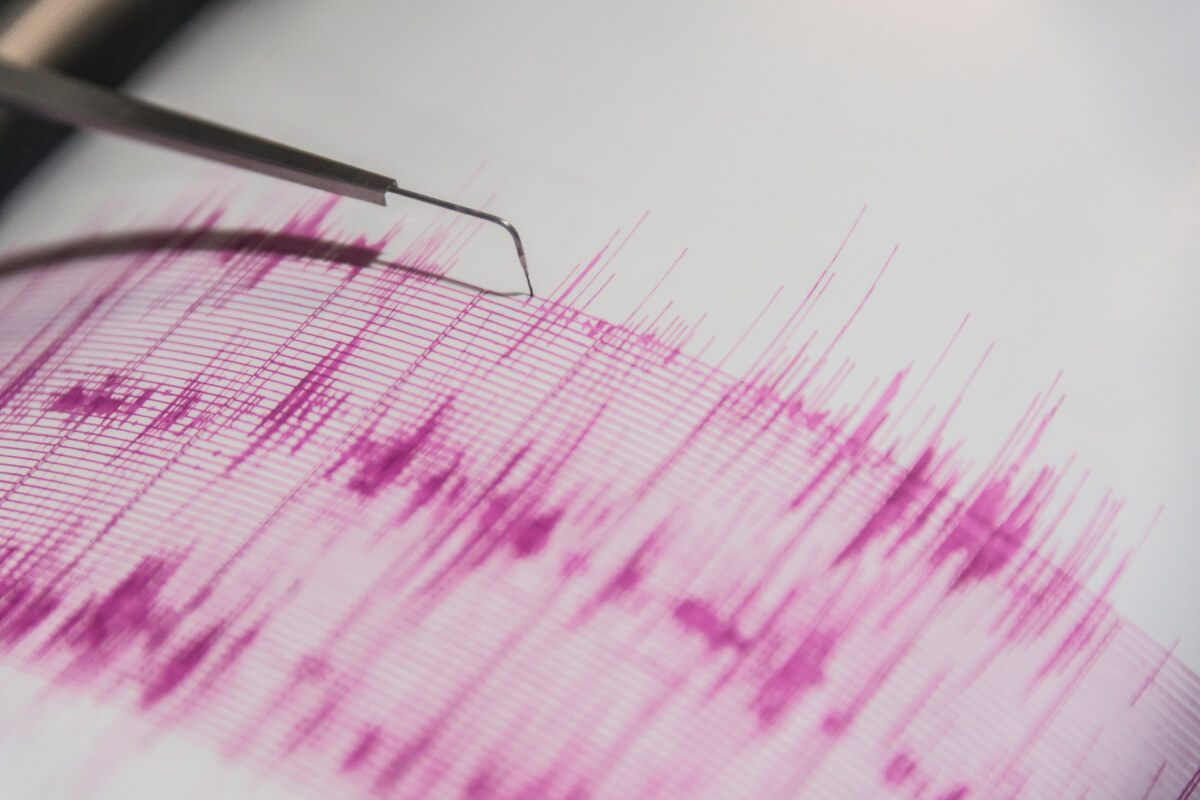Earthquakes result from the sudden release of energy in the earth. They can range from the unnoticeable to the likes of the Great Alaskan Earthquake of 1964, resulting in many casualties, millions of dollars’ worth of damages to infrastructure and great changes to the landscape.
While more common in the western part of the country, every state in the U.S. has experienced an earthquake. If you want to move to a place that’s completely free from quakes, you don’t have many options. Countries like Estonia, Bahrain, Andorra, and the Antarctic experience the least number of quakes and their effects.
Unlike other natural disasters, there’s currently no way to predict when and where the next big quake will hit. When it does happen, it can cause massive damage and great risk of injury and death.
But there are ways to minimize the damage a quake can inflict on you and your property with some preparation, and most of them are easy to do yourself or with your family.
1. Keep Heavy Items in Place
One of the biggest dangers during an earthquake while in your home is an injury from falling objects. To prevent this, keep them in place or minimize the chances of them moving during a quake.
Fasten shelves and bookcases to the walls with studs or steel brackets. If your shelves contain heavy items, place them on the lower shelves so, in the event of a quake, they won’t fall on your head. You can also bolt heavy appliances like the refrigerator to the floor or use straps to fasten them to a wall.
2. Latch and Catch
If you keep fragile items like glass or fine china in open shelves, they can easily fall and break during an earthquake. Keep them in sealed cabinets or cupboards that can be locked with a latch to keep them from opening in the event of a quake. You can also use non-slip mats, adhesives, or museum putty to keep items like sculptures or fish bowls from tumbling.
3. Brace ‘Em
Don’t hang mirrors, large picture frames and other heavy wall hangings over beds or any place where you could be lying down or seated. They could get dislodged during an earthquake and cause serious injury. Secure them by fixing them to studs or by connecting them to sturdy hooks with strong cords. Objects hanging from the ceiling, like chandeliers or fans, should be braced to prevent them from falling during a quake.

4. Use Safety Film
If you’re not using it yet for your windows, install safety film. It won’t make your window shatter-proof, but when it does break, it will hold the pieces together and keep most of them from flying into your house. Even if the chances for earthquakes are low in your area, it will still add another level of protection from other situations like strong winds during a storm.
5. Secure Your Water Heater
If your water heater’s not braced, there’s the risk that it could fall over during an earthquake and interrupt your water and gas supply, as well as increase the dangers you’ll face in an earthquake. A toppled water heater with broken lines can cause flooding or, worse, a fire.
You can install braces yourself, or pay a professional a small fee to do it for you. If it’s already braced, make sure that the materials at least meet the current government standards and replace them if they don’t meet the latest standards.

6. Be Flexible
Gas and water pipes can rupture during an earthquake and cause gas leaks and flooding. In the case of a gas leak, this could lead to a fire that will cause serious damage to your property.
Check your appliances and gas lines. If your pipes are still not installed with flexible fittings, have a professional install them or connectors that can absorb the violent movements caused by a strong earthquake. You can also consider having an auto shut-off valve installed.
7. Repair Damages Before They Get Worse
Inspect for cracks or damages to your walls and foundation. These cracks can get bigger over time and seriously compromise the structural integrity of your house, putting you and your family in greater danger during an earthquake.
Repairs to these kinds of damages will often require the help of a professional and should be done as soon as the damage is spotted and before a quake happens.
8. Have Your House Assessed by a Professional
You will have to seek the help of a qualified inspector to assess what needs to be done to your home, recommend the requirements to repair them, and provide other advice to make it more secure against an earthquake. It may sound like a lot of work and money, but when you think about how it will be able to stand up better against an earthquake and improve you and your family’s safety during a quake while inside your home, it’s well worth the cost.
These are just some of the important preparations that can make your home more secure and safer for you and your family during an earthquake. If you’re renting your home, you will have to coordinate with the owner or building manager to ensure that all earthquake safety standards have been met. If you’re buying or building a home, keep these things in mind and make sure it complies with your building code.


